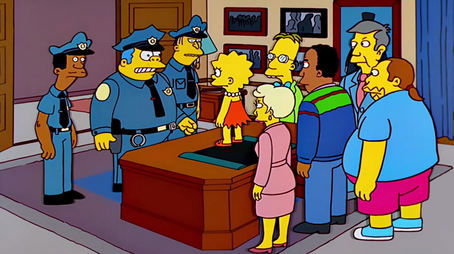
Sorry, we have not watched this yet.

Mayor Quimby flees Springfield, leaving the town chapter of Mensa in charge. As the group's new power goes to their heads, they take their utopian plans too far and the townspeople revolt.
Sorry, we have not watched this yet.